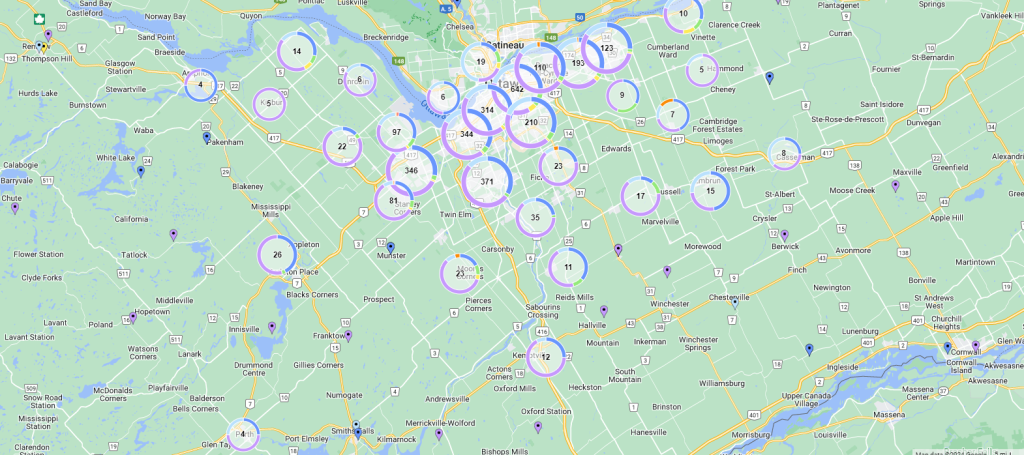The Ottawa Humane Society’s (OHS) Outdoor Cat Survey was distributed in August, asking residents to share their thoughts on outdoor cats and their welfare.
Data revealed that the majority of Ottawa residents don’t believe cats should be let outdoors, unsupervised, wrote the OHS in a press release.
The survey was launched following a rise in homeless cats being admitted to the OHS, with some cats arriving from other shelters facing capacity crises.
According to the survey, of 3,465 respondents, 76 per cent were opposed to unsupervised outdoor roaming for cats, 15 per cent supported it and nine per cent were unsure.
This comes as good news to OHS, as the non-profit said it has consistently seen negative outcomes associated with pet owners leaving their cats outdoors.
“We often will receive tearful calls that an outdoor cat has not returned. Or we will have to call someone, to tell them their cat has been found outdoors, deceased,” Sharon Miko, OHS’ President and CEO, said.
Following years of advocacy and education, the number of stray cats the OHS has been able to return to their owners has increased from two per cent up to 10 per cent — but this is not enough, the organization noted.
Community feedback is helping to shape the OHS’s strategy and programs aimed at preventing cat homelessness and improving animal welfare for all pets, it wrote.
Additionally, the survey gathered information from the community about free-roaming cat populations and their concerns about free-roaming cats.
Following survey results, the OHS has mapped data, tracking cat sightings across the city, with the highest number of cat sightings reported near waterfront areas.
While the majority of respondents (1,511) reported seeing fewer than two cats. Participants who said they saw five to 11 cats were mostly concentrated in waterfront and suburban communities, added the OHS.

“This finding was surprising, as conventionally we’d expect more outdoor cats spotted in densely populated urban communities,” said Miko.
Participants listed injury by car, health and safety, and outdoor cats’ impact on bird and wildlife populations, as top concerns about feline welfare. Other concerns included cats on residential properties and overpopulation.
Survey data will be used to improve the well-being of Ottawa’s outdoor cats, and OHS has already begun working with key stakeholders in the community.
“Working together, we can do so much more for Ottawa’s animals and build a more humane and compassionate community for all,” said Miko.